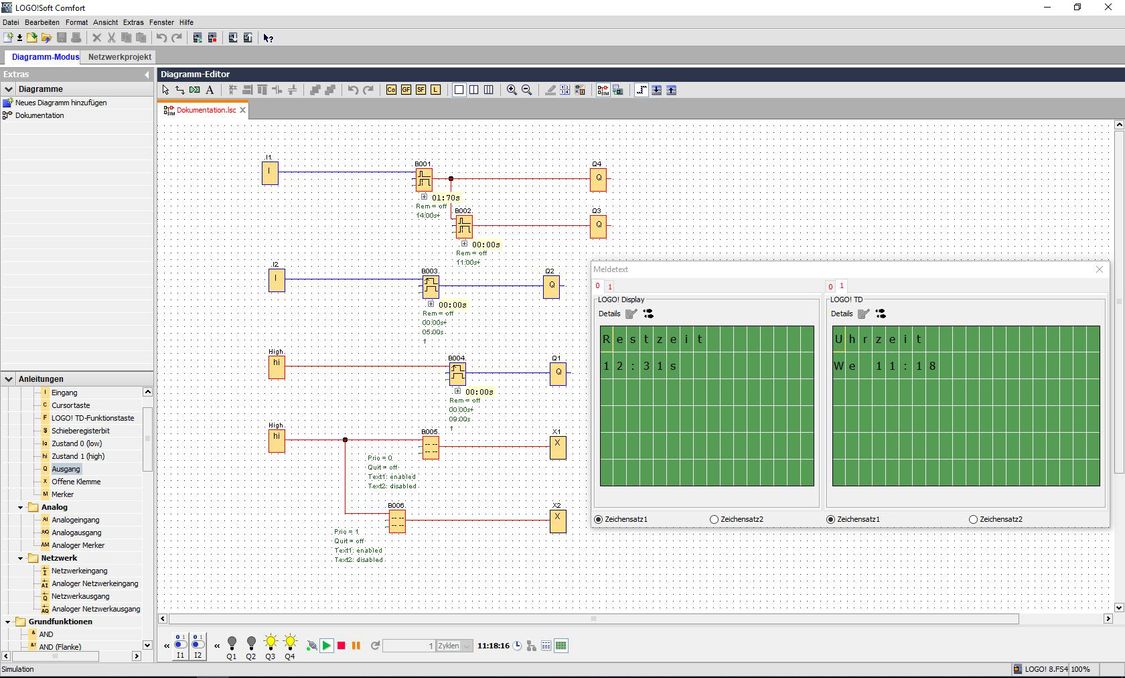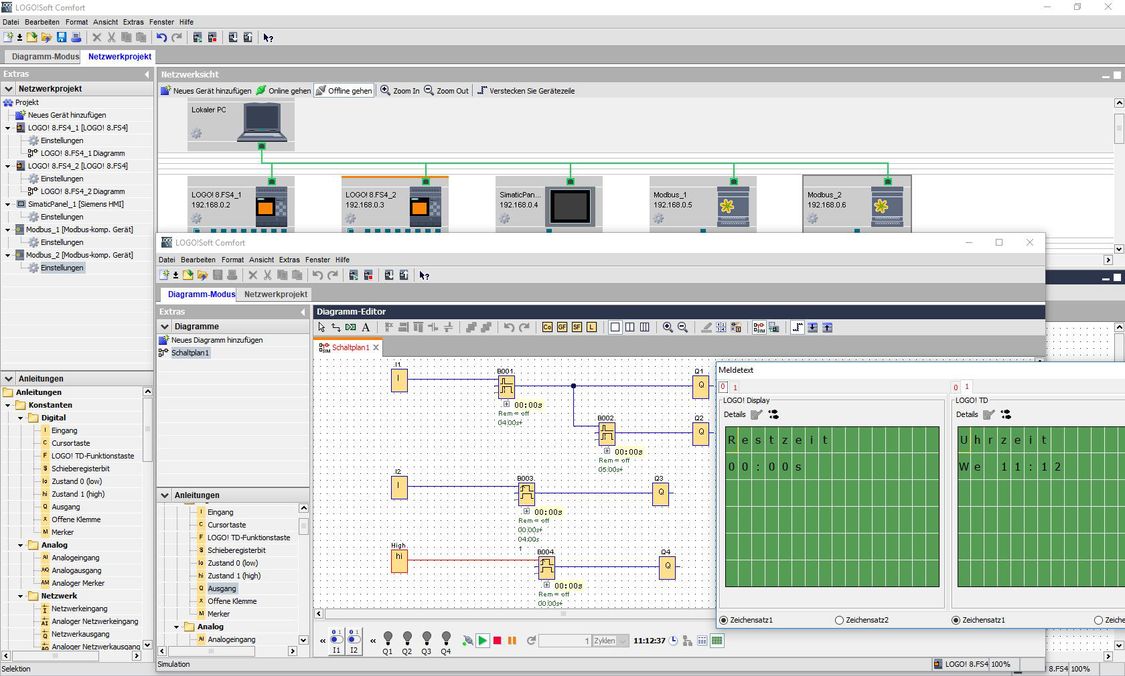Having an issue with your display, audio, or touchpad? Whether you're working on an Alienware, Inspiron, Latitude, or other Dell product, driver updates keep your device running at top performance. Step 1: Identify your product above. Step 2: Run the detect drivers scan to see available updates. Step 3: Choose which driver updates to install. NI-VISA is an NI instrument driver that is an implementation of the Virtual Instrument Software Architecture (VISA) I/O standard. VISA is a standard for configuring, programming, and troubleshooting instrumentation systems comprising GPIB, VXI, PXI, serial (RS232/RS485), Ethernet/LXI, and/or. Euro Truck Simulator 2.rar. Euro Truck Simulator 2.rar. NI-VISA is an NI instrument driver that is an implementation of the Virtual Instrument Software Architecture (VISA) I/O standard. VISA is a standard for configuring, programming, and troubleshooting instrumentation systems comprising GPIB, VXI, PXI, serial (RS232/RS485), Ethernet/LXI, and/or USB interfaces. Browser download and equipment check Download and install the ETS Secure Test Browser on the computer you'll use to test. To fully install the browser, run the file after downloading it.

1,818 drivers total Last updated: Jun 28th 2020, 15:56 GMT RSS Feed

sort by:
HP Pavilion 13-b100 BIOS F.41 for Windows 10 64-bit
1,938downloads
HP Pavilion 13-b000 BIOS F.41 for Windows 10 64-bit
155downloads
HP Pavilion 13-an1000 BIOS F.04 for Windows 10 64-bit
219downloads
HP ENVY 17-k100 BIOS F.57 for Windows 10 64-bit
181downloads
HP ENVY 17-k300 BIOS F.51 for Windows 10 64-bit
81downloads
HP ENVY 17m-bw0000 BIOS F.24 for Windows 10 64-bit
123downloads
HP Pavilion 13-b100 BIOS F.06 for Windows 8.1 64-bit
132downloads
HP Pavilion 13-b100 BIOS F.41 for Windows 8.1 64-bit
93downloads
HP Pavilion 13-b000 BIOS F.06 for Windows 8.1 64-bit
52downloads
Ets Informatics Driver Download For Windows 10
HP Pavilion 13-b000 BIOS F.41 for Windows 8.1 64-bit
42downloads
HP ENVY 17-ae0000 BIOS F.29 for Windows 10 64-bit
91downloads
HP Pavilion 13-an0000 BIOS F.09 for Windows 10 64-bit
81downloads
HP ENVY 17-k100 BIOS F.57 for Windows 8.1 64-bit
32downloads
HP ENVY 17-u000 BIOS F.35 for Windows 10 64-bit
51downloads
HP ENVY 17-k000 BIOS F.57 for Windows 7 64-bit
276downloads
HP ENVY 17-k000 BIOS F.07 for Windows 7 64-bit
132downloads
HP ENVY 17-k000 BIOS F.07 for Windows 8.1 64-bit
30downloads
HP ENVY 17-k000 BIOS F.57 for Windows 8.1 64-bit
25downloads
HP ENVY 17-k000 BIOS F.57 for Windows 10 64-bit
33downloads
HP ENVY 17-bw0000 BIOS F.24 for Windows 10 64-bit
36downloads
HP ENVY 17-ae1000 BIOS F.29 for Windows 10 64-bit
36downloads
HP Pavilion 15-e100 BIOS F.28 for Windows 10 64-bit
178downloads
HP Pavilion 15-e100 BIOS F.28 for Windows 8.1 64-bit
50downloads
HP Pavilion 15-e100 BIOS F.39 for Windows 8.1 64-bit
61downloads
HP Pavilion Power 15-cb000 BIOS F.19 for Windows 10 64-bit
58downloads
HP Pavilion 15-bc500 BIOS F.10 for Windows 10 64-bit
97downloads
HP ENVY 17-u100 BIOS F.60 for Windows 10 64-bit
29downloads
HP ENVY 17-s100 BIOS F.96 for Windows 10 64-bit
22downloads
 Jun 13th 2020, 12:41 GMT
Jun 13th 2020, 12:41 GMTHP Pavilion 15-dq0000 x360 BIOS F.08 for Windows 10 64-bit
111downloads
A boot-start driver is a driver for a device that must be installed to start the Microsoft Windows operating system. Most boot-start drivers are included 'in-the-box' with Windows, and Windows automatically installs these boot-start drivers during the text-mode setup phase of Windows installation. If a boot-start driver for a device is not included 'in-the-box' with Windows, a user can install an additional vendor-supplied boot-start driver for the device during text-mode setup.
To install a device that is required to start Windows, but whose driver is not included with the operating system, a user must do the following:

Install the device hardware and turn on the computer.
Begin your Windows installation (run the Windows setup program). During the text-mode phase of the installation (at the beginning of the installation), Windows displays a message that indicates that you can press a specific Fn key to install a boot-start driver.
When Windows displays this message, press the specified Fn key to install the boot-start driver and then insert a boot-start driver distribution disk.
Ets Informatics Driver Download For Windows Xp
Note This procedure demonstrates how you can install a driver that is not included 'in-the-box' with Windows. Do not use this procedure to replace or update a driver that is included with Windows. Instead, wait until Windows starts and use Device Manager to perform an 'update driver' operation on the device.
When Windows fails to start, certain error messages that are displayed can indicate that a boot-start driver is missing. The following table describes several error messages and their possible causes.
| Error message | Possible cause |
|---|---|
Inaccessible boot device | The boot disk is a third-party mass-storage device that requires a driver that is not included with Windows. |
Setup could not determine your machine type | A new HAL driver is required. This error does not occur on most machines, but it might occur on a high-end server. |
Setup could not find any hard drives in your computer | The required boot device drivers for the hard drives are not loaded. |
Ets Informatics Driver Download For Windows 8.1
Boot-Start Driver Distribution Disk
A boot-start driver distribution disk is a medium, such as a floppy disk or USB flash drive, that contains a TxtSetup.oem file and the related driver files. The TxtSetup.oem file is a text file that contains a list of hardware components, a list of files on the distribution disk that will be copied to the system, and a list of registry keys and values that will be created. A sample TxtSetup.oem file is provided with the Windows Driver Kit (WDK), under the src directory of the WDK. For details about the contents of a TxtSetup.oem file, see TxtSetup.oem File Format.
The following requirements and recommendations apply to platform-specific and cross-platform distributions disks:
Ets Informatics Driver Download For Windows
Platform-specific distribution disks (Windows Server 2003 and earlier)
Windows requires a platform-specific distribution disk for each platform that a driver supports. A platform-specific distribution disk contains one TxtSetup.oem file and the related driver files. The TxtSetup.oem file must be located in the root directory of the distribution disk.
Cross-platform and platform-specific distribution disks (Windows Server 2003 Service Pack 1 (SP1) and later versions)
Windows supports cross-platform distribution disks that contain two or more platform-specific TxtSetup.oem files and the related driver files.
To distinguish between platforms on a cross-platform distribution disk, use the platform directories that are listed in the following table.
Platform Platform directory Default directory x86-based
A:i386
A:
Itanium-based
A:ia64
A:
x64-based
A:amd64
A:
On a cross-platform distribution disk, Windows uses the platform-specific TxtSetup.oem file that is located in the platform directory that corresponds to the platform on which Windows is running. If a corresponding platform directory that contains a platform-specific TxtSetup.oem file does not exist, Windows uses the TxtSetup.oem file in the default directory, if one is present.
Windows also supports platform-specific distribution disks. A platform-specific distribution disk contains one platform-specific TxtSetup.oem file and the related driver files. The TxtSetup.oem file must be located either in its corresponding platform directory, as is done for cross-platform distribution disks, or in the default directory of the distribution disk.
Ets Informatics Driver Download For Windows 7
The driver files for a given platform on a cross-platform distribution disk or on a platform-specific distribution disk must be located relative to the directory that contains the platform-specific TxtSetup.oem file.
Tip Although not required, we recommend that a TxtSetup.oem file always be placed in a corresponding platform directory. Using platform directories eliminates the possibility that Windows might attempt to use a TxtSetup.oem file that is incompatible with the platform on which Windows is running. For example, if a user attempts an unattended installation on a platform with a distribution disk that does not contain a corresponding platform directory, Windows cannot determine whether the TxtSetup.oem file in the default directory is compatible with the platform. If a driver fails to load because the driver is incompatible with the platform, Windows displays an error message and terminates the unattended installation.

